Except for sickness in one’s family or the loss of a life, is there anything sadder than to see a bookstore shut its doors? I used to live on a street that had three bookstores within 50 yards of each other. All three are now boutiques selling expensive bric-à-brac, or whatever the junk that tarts wear is called. Browsing in a bookstore has to be every bibliophile’s wet dream, a perfect way to stand upright, in a correct posture, and lose weight while reading blurbs. Excelsior! It is every frustrated or unsuccessful writer’s dream to own and operate a bookstore, but nowadays it’s like selling sunlamps to Australians: there are no takers. And how could there be? No one under the age of 60 reads books, and those who do move their lips because they’re going gaga. Mind you, if a bookstore shut because it was being replaced by an old-style drugstore, with blonde girls serving BLTs behind the counter, it’d hurt much less. But a jewellery shop? Even a whorehouse would give more value for money, and believe me, I know.
Fifteen years ago, the chairman of Fiat cars Gianni Agnelli, my boxer friend Count Roffredo Gaetani and I went down past Wall Street to the port where Gianni’s brand-new Stealth was anchored waiting for a trial. The Stealth was made of carbon and some other lightweight material that enabled it to sail in light winds in excess of 20 knots. Even the sails were titanium. We blasted off and did about 30 knots running under Brooklyn Bridge and showing off up and down the Hudson River. After a couple of hours Gianni said he had had enough and expressed a desire to have a ‘real New York pastrami sandwich’. There’s only one place, I told him, Café Edison. ‘228 West 47th street,’ I instructed his driver.
Once there, Gianni sat at a table and the boxer and I were dispatched to get the borscht, the blintzes and the pastrami. The café used to be an ornate ballroom, so those who hung out there — stagehands, agents, actors and musicians — felt right at home. The man slapping the pastrami sandwiches together seemed hurried and in a bad mood. So when my Italian buddy asked in heavily accented English if the pastrami was any good, the real Noo Yawker came out in the sandwich-maker: ‘If you like to eat pussy, you’ll like pastrami; if not, you won’t.’ The count was shocked, shocked at such impudence, but when we told Gianni the story the octogenarian agreed with the sandwich man that pastrami and pussy had a lot in common.
Café Edison will close at the end of this year after a hell of a good run — yet one more New York institution biting the dust. Jackie Mason used to sit at its Formica tables and create punchlines, and Neil Simon’s 45 Seconds from Broadway was based on the café. Another dinosaur, Smith’s Bar and Restaurant, a Broadway statute, shut its doors last month, as, of course, did Elaine’s a couple of years ago. One by one the taverns that made the gritty city hum with Runyonesque characters are being replaced by sleek multimillion-dollar condos and glitzy boutiques for expensive tarts. It’s the way of the world, at least in New York.
What makes the passing of these saloons even sadder is the fact that so many writers cut their teeth describing the characters who hung out there. John O’Hara, one of my favourites, was a real city writer, drinking in Irish bars with cops and sports stars, and hacks who wrote about sport and crime. Toots Shor was a very famous restaurateur and character, and as New York and Irish as they come. He loved Joe DiMaggio, who could do no wrong, and Joe only stopped speaking to the rudest man in New York, as Toots was known, when Toots badmouthed Marilyn Monroe after she left the Yankee clipper. Toots regularly threw O’Hara out when the novelist became too aggressive with customers after a few drinks, but he was always welcomed back the next day with open arms and a few Irish tears. O’Hara was the master, along with Papa Hemingway, of leaving things unsaid, unwritten actually, as he followed boxers and detectives in their chosen professions and got it all down on paper.
In today’s world, O’Hara would have to rely on magic realism, or some other gimmick, in order to write how people actually speak. Places are so noisy. The music is blasted rather than played, people just play with their apps, and there’s no conversation at all. Céline, who made his name by listening to how the French working class spoke, would have remained a doctor and unknown. In O’Hara’s fiction there is a lingering sense that the best days of the city are in the past, as are those of the characters he writes about. John O’Hara was a hell of a fellow. Hemingway used to make fun of him, and always considered him a snob who wished he had been born an aristocrat. But Papa was wrong. The old Irishman wrote the snobby side to perfection — in Appointment in Samarra, From the Terrace, Ten North Frederick, and the epistolary Pal Joey. He was admired by his peers and if ever proof were needed that he was a great writer, a ghastly Japanese-American book reviewer for the New York Times once called him a bad writer and a lout. Almost as good as a Nobel Prize for literature.
Got something to add? Join the discussion and comment below.
Get 10 issues for just $10
Subscribe to The Spectator Australia today for the next 10 magazine issues, plus full online access, for just $10.
You might disagree with half of it, but you’ll enjoy reading all of it. Try your first month for free, then just $2 a week for the remainder of your first year.


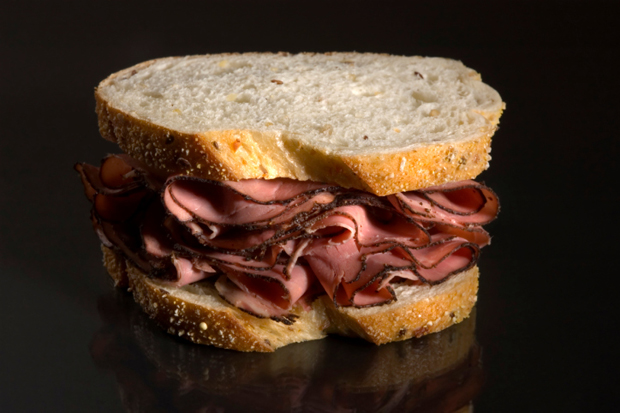
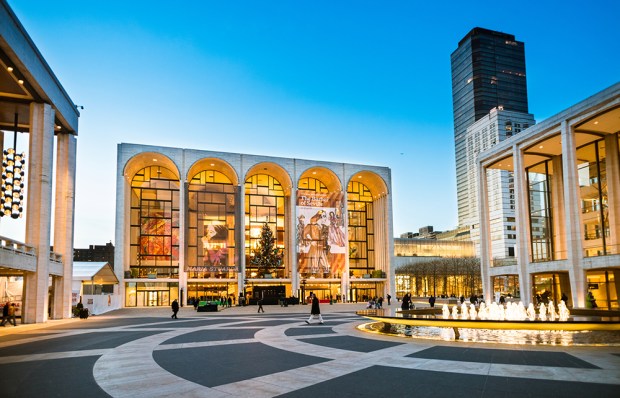

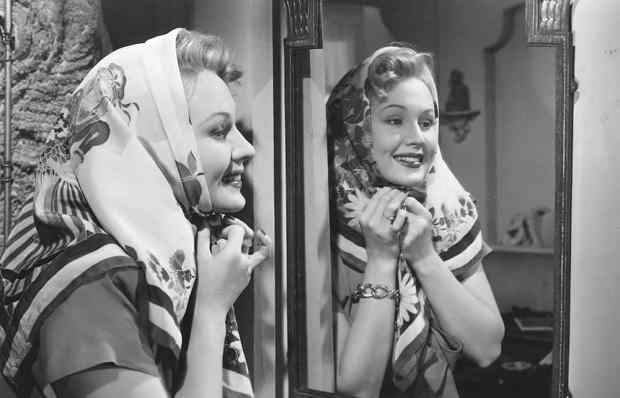
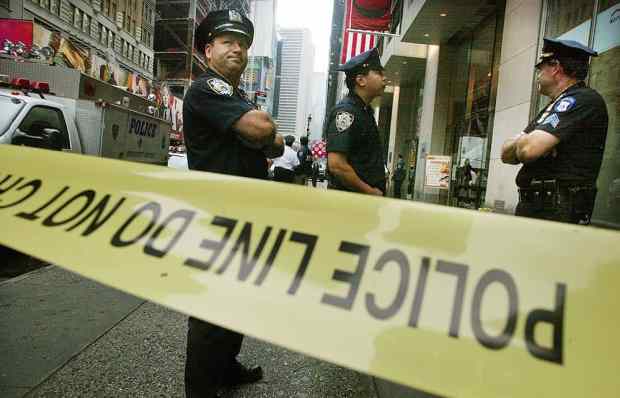
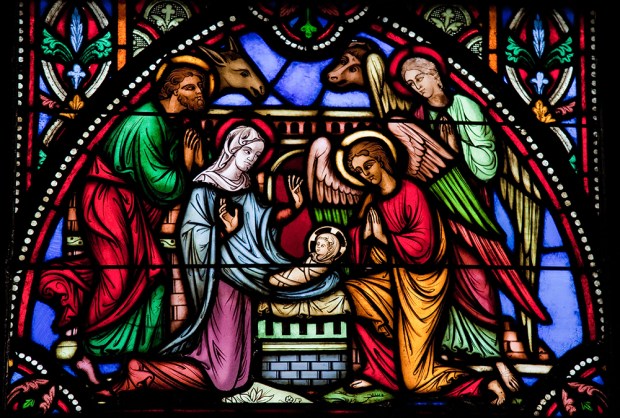







Comments
Don't miss out
Join the conversation with other Spectator Australia readers. Subscribe to leave a comment.
SUBSCRIBEAlready a subscriber? Log in